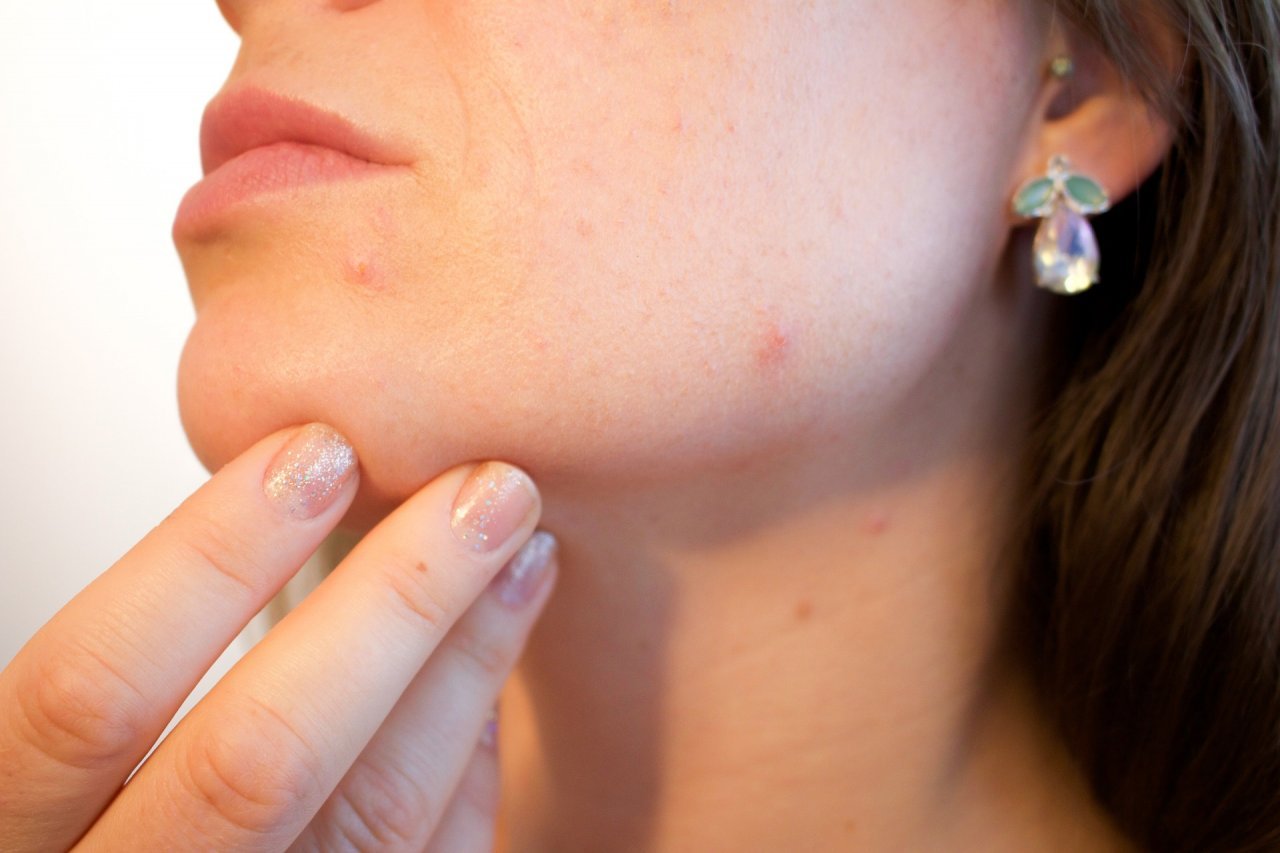How to Treat Adult Acne

Acne is a common skin condition that affects people of all ages, including adults. While it's often associated with teenagers, many adults also suffer from acne. If you're an adult dealing with acne, you're not alone. In this article, we'll discuss some tips and treatments to help you treat adult acne.
-
Identify the Cause of Your Acne The first step in treating adult acne is to identify what's causing it. Acne can be caused by a variety of factors, including hormonal imbalances, stress, genetics, diet, and certain medications. If you're not sure what's causing your acne, it's a good idea to see a dermatologist who can help you identify the underlying cause and recommend the appropriate treatment.
-
Keep Your Skin Clean Keeping your skin clean is essential in preventing and treating acne. Wash your face twice a day with a gentle cleanser that's formulated for acne-prone skin. Be sure to remove all makeup before going to bed and avoid using products that are too harsh or abrasive.
-
Moisturize While it may seem counterintuitive to moisturize acne-prone skin, it's essential to keep your skin hydrated. Look for a lightweight, oil-free moisturizer that won't clog your pores. Moisturizing can help reduce inflammation and prevent dryness, which can make acne worse.
-
Use Topical Treatments There are several over-the-counter topical treatments that can help treat adult acne. Look for products that contain benzoyl peroxide, salicylic acid, or alpha hydroxy acids (AHAs). These ingredients can help unclog pores, reduce inflammation, and kill bacteria that cause acne.
-
Consider Prescription Medications If your acne is severe or doesn't respond to over-the-counter treatments, your dermatologist may recommend prescription medications. These may include topical or oral antibiotics, retinoids, or hormonal therapies.
-
Avoid Triggers Identifying and avoiding triggers that can make acne worse is also important. Common triggers include stress, certain foods, and hormonal fluctuations. If you notice that certain foods or activities make your acne worse, try to avoid them.
-
Be Patient Treating adult acne can take time, and it's important to be patient. Don't expect overnight results, and be consistent with your skincare routine. Stick with the treatments recommended by your dermatologist and give them time to work.
In conclusion, adult acne can be frustrating and challenging to treat, but there are several strategies you can use to manage it. Identify the cause of your acne, keep your skin clean and moisturized, use topical treatments, consider prescription medications, avoid triggers, and be patient. With the right approach, you can achieve clearer, healthier skin.













